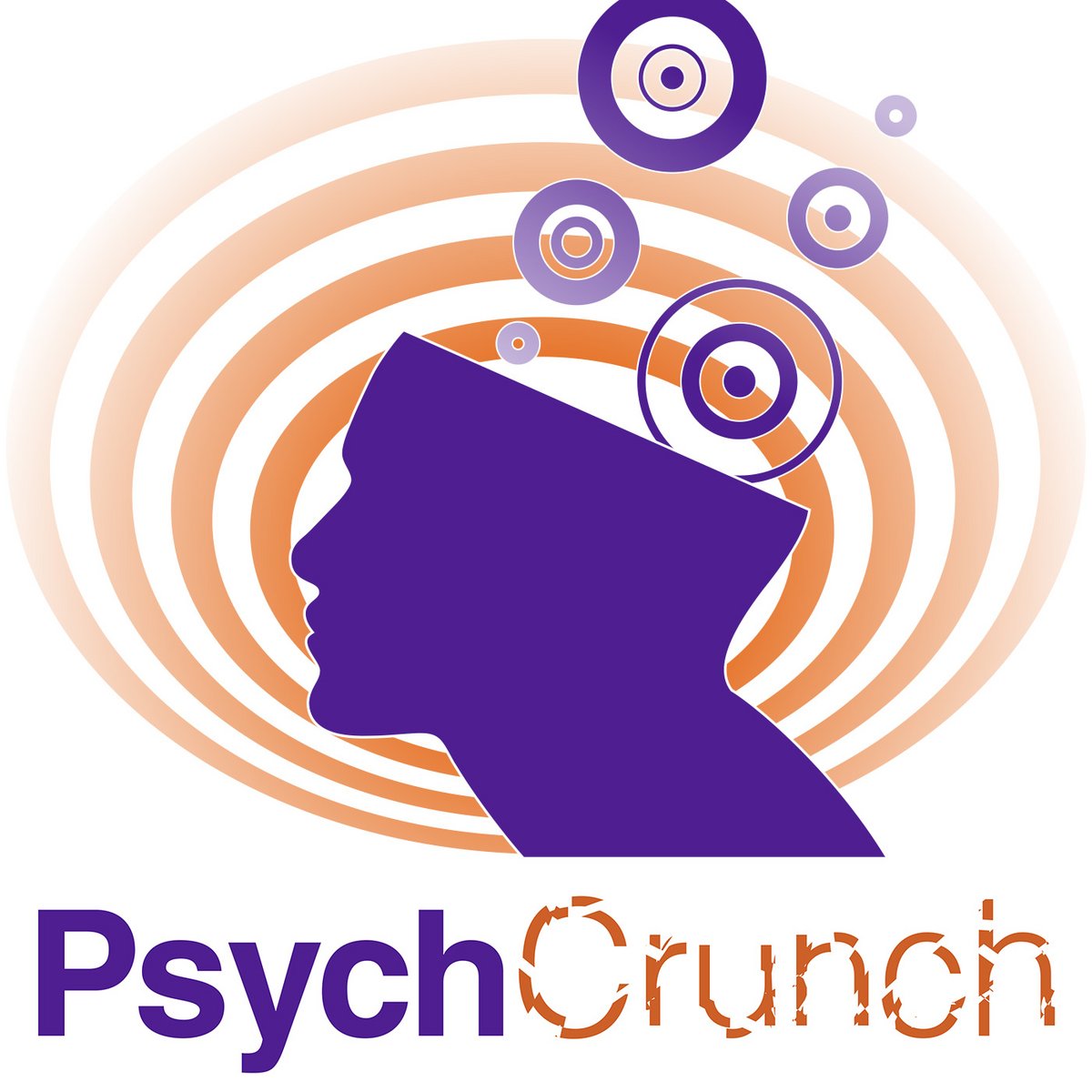The horror movie The Exorcist released 50 years ago caused outrage and shock. But being terrified is apparently good for you, researchers say it sparks euphoria and foster psychological resilience.

We live in worrying times. From the climate crisis to the culture wars, there is always something to keep us fretting. But sometimes the facts tell a different story – a more hopeful one.

Although horror movies have traditionally been the subject of panic, experts say they can benefit the mind.

Talking skeletons. Creepy dolls. Apocalyptic doom towns. Why do we seek out scary—in movies, on TV, at local amusement parks this time of year?

Ella Rhodes explores the paradoxical world of recreational fear, and discovers interesting ways in which a good scare might psychologically benefit us.

Evolution can help explain why we take pleasure in haunted houses and horror movies.

Scientists studying the effects of controlled exposure to recreational fear say it can help us learn to cope better with real world challenges

“Why?” Why do we enjoy taking steps out of our comfort zones into these demented realities?

People usually avoid fear. But can fear be good for you?

Whether it's a haunted house or a Hollywood horror flick, some of us can't resist a good scare. Emerging research suggests that recreational fear may be a way to safely simulate threats — and can even benefit our mental health.

In a Swedish amusement park, two volunteers faced their greatest fears—for science.

Studios have perfected a formula to make horror movies quickly and inexpensively. The latest hit — Five Night's at Freddy's — is just the latest example.
